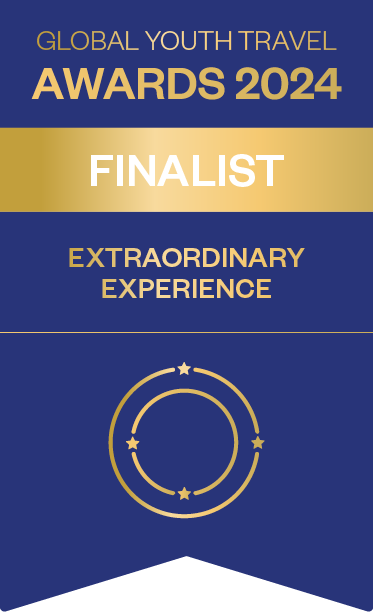Youth Creating Lasting Change in their communities.
Home | Project Impact |
Mariam, a community monitor from Chemba district in Dodoma. She monitors a MKAJI project in her community. She shares her experience working on SAY project and how she is learning new skills.
” I feel like I am a different person now, I have the confidence to do public speaking. In my community everyone says I can run for any political position just because I am working closely with leaders and speaking in community meetings. This is just the beginning for me to learn and looking forward to continuing learning.”
Raleigh Tanzania’s Social Accountability through Youth project has empowered young people to be ambassadors within their communities. Young people are using their voices to bring about change in their community, increased transparency and accountability. They have supported their communities to adapt to a new approach of Community Integrity Building Model (CIB) by establishing a Joint Working Group.
Having a Joint Working Group in the community means that, the community members are represented by their fellow members in a platform where they discuss project related issues.
To ensure the MKAJI project remains sustainable, young people have encouraged community leaders to have a system that put citizens at the centre of decision making. The system allows members of the Joint Working Group to feedback what has been decided to the entire community.
Giving an example in Kondoa district, there was a communication breakdown between citizens and the community leaders. After MKAJI project handover in 2018, It was difficult for members of the community to understand the progress of the project and how they can be informed on the process.
‘’After introducing the Community Integrity Building (CIB) Model in our community, we set a Joint Working Group and made it easy for everyone to know what is happening – and communication amongst us was more easy Now, everyone in the community knows where to report a concern we have different concerns related to MKAJI project which have been resolved and others are still on discussion.’’ Community Monitor said.
Raleigh Tanzania is sharing the CIB approach through peer to peer events – led events. A campaign has rolled out in different communities to help them run their own meetings and discuss about challenges that concern them using the CIB Model.
The campaign aims to encourage community members know how to access information which helps in decision making and participation. In Kilosa district SAY has increased participation of women, youth and people living with disabilities, 6 members of the JWG attended the peer to peer events to learn about skills and better ways of participating in community development.
Moreover, there has been a discussion amongst women about cultural beliefs that hinder their participation for community development. In Hilakala community, women hardly attend community meetings because they believe that men are the masters of the house and have the right to attend meetings.
‘’ I think breaking cultural beliefs takes a long time and I am happy that women attended sessions like these to learn about their involvement and how they can be part of building a better tomorrow for everyone. I am proud about what I am doing for my communities in Kilosa”.
More than 350 young volunteers are doing a remarkable work through monitoring projects from SIMAVI, CARE International, Shahidi wa Maji and Tanzania Forest Conservation Group. Please check out the fix rates via Integrity Action website. Also, visit our Facebook Group for more updates.
The SAY project is delivered by Raleigh Tanzania in partnership with Integrity Action and is funded by a four-year grant from UK Aid Direct. Do you want to learn more about Social Accountability and CIB approach? Do you want to be involved in project monitoring and establishing a Joint Working Group? Please download a free toolkit from Raleigh Tanzania




